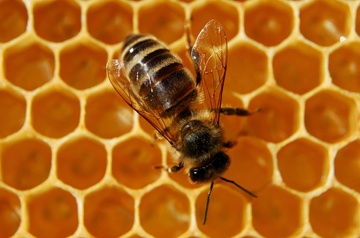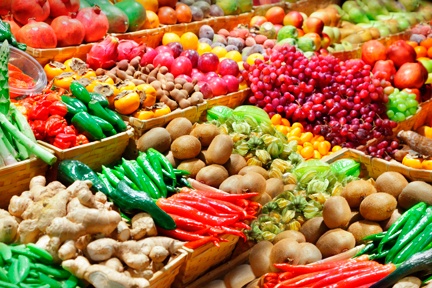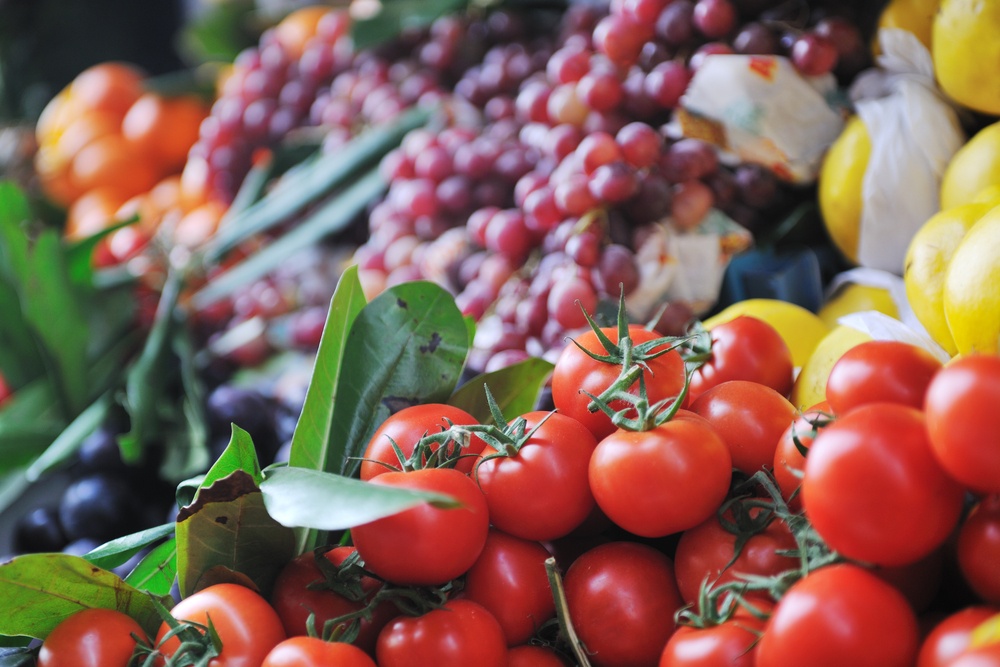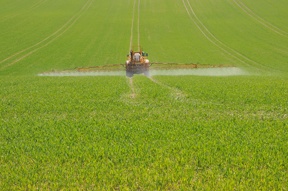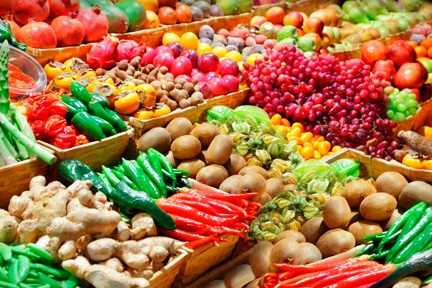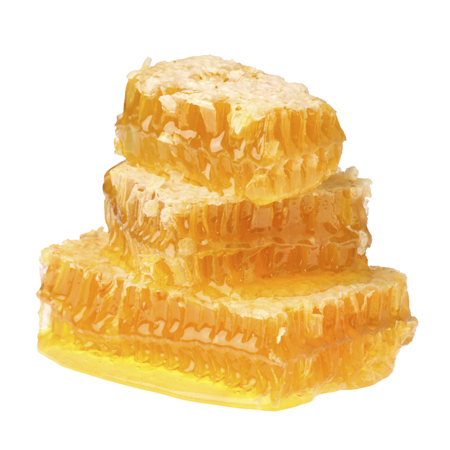Bees are in trouble. Managed bee colonies in the United States have decreased from 6 million in 1947 to 2.5 million in 2016. This is more than a simple threat to the honey supply. Bees are crucial to food supply, and in fact, one-third of what we eat comes form insect-pollinated plants. The honeybee is responsible for 80 percent of that pollination.
Understanding the impact of pesticides has become a major fight of the Environmental Protection Agency, which recently found that “A major pesticide harms honeybees when used on cotton and citrus, but not on other crops like corn, berries and tobacco.”
The EPA completed the first scientific risk assessment of the neonicotinoids, a class of pesticides debated by scientists, environmentalists and beekeepers. This is the first of four risk reports for this class of chemicals, which include neonicotinoids, clothianidin, thiamethoxam, and dinotefuran. This is also the first
time the EPA has actually acknowledged that a major pesticide is killing bees. Anti-pesticide groups want to ban the pesticides, which works on the central nervous systems of insects. Europe banned neonics, but then lifted the ban.
